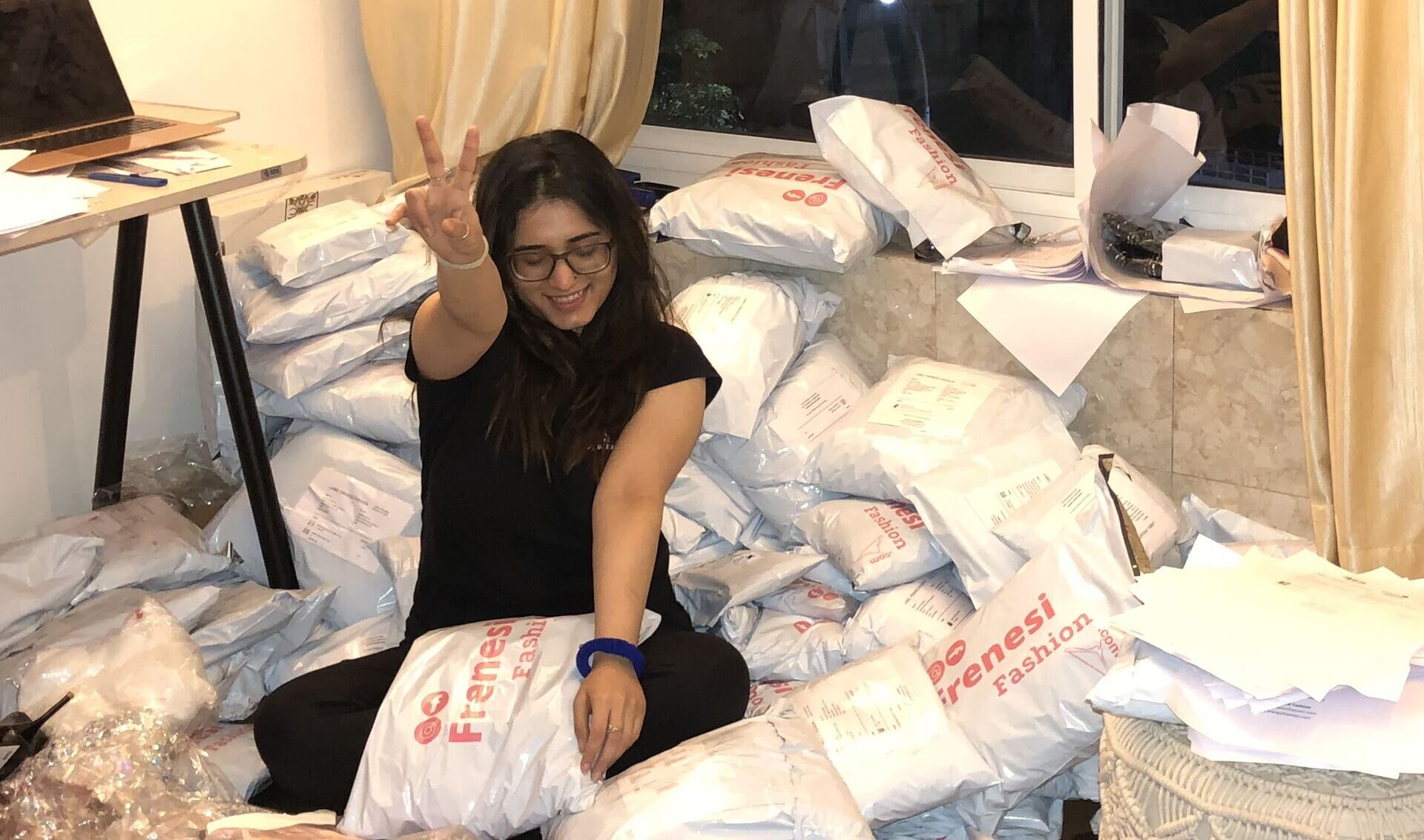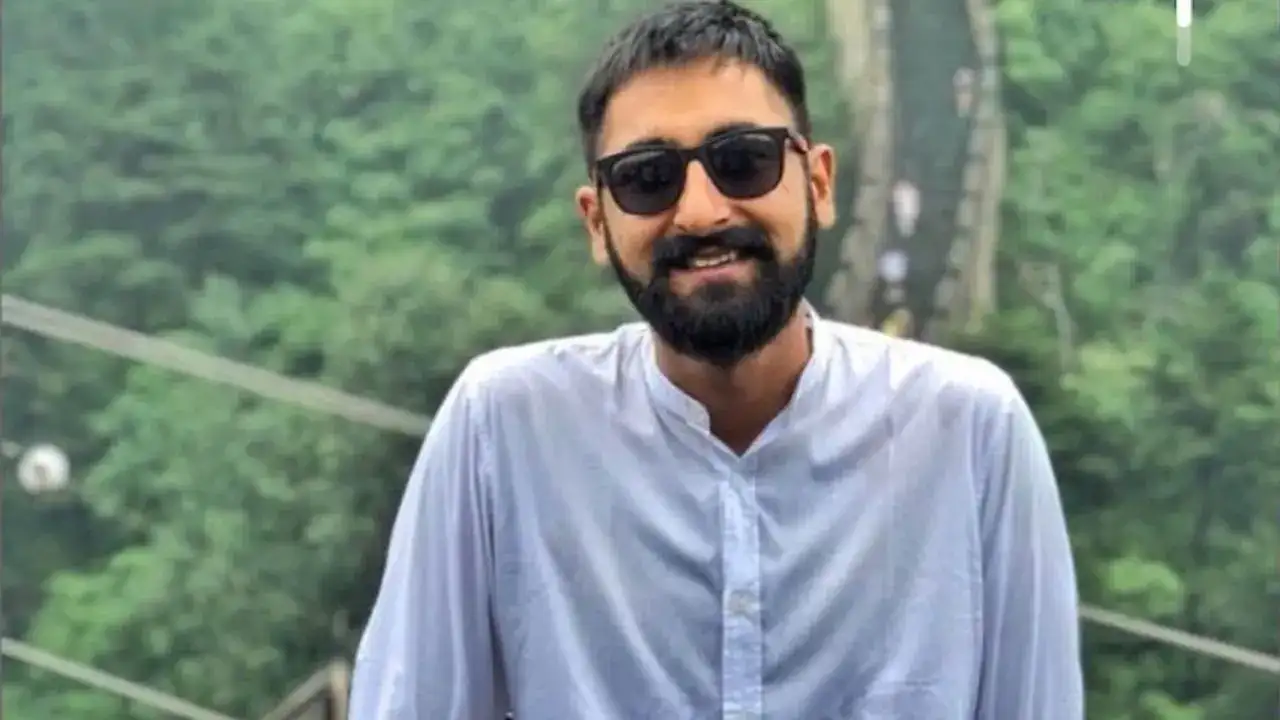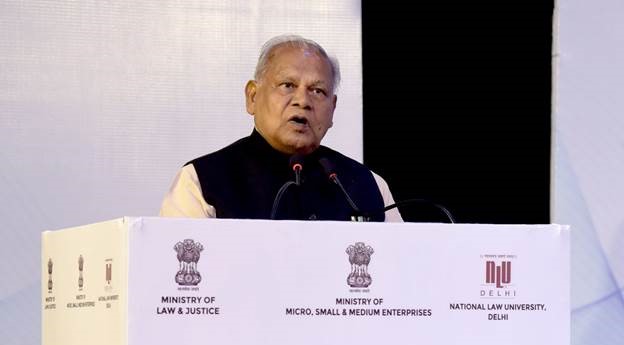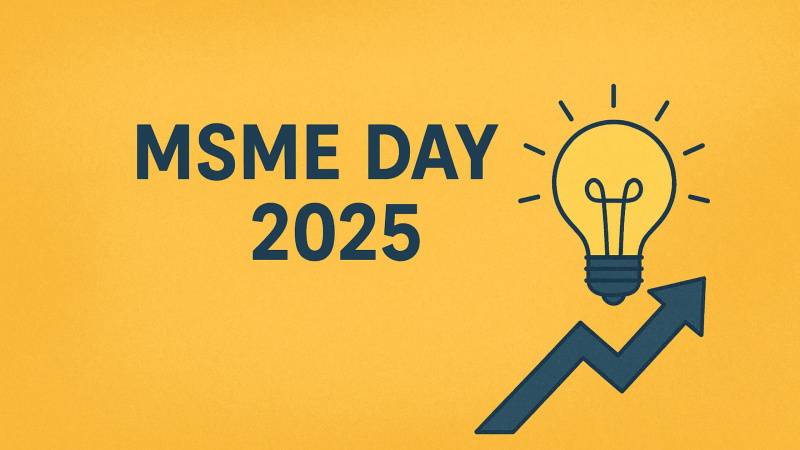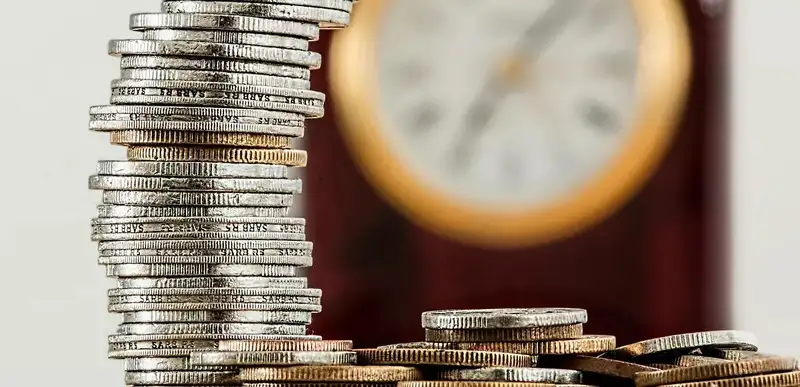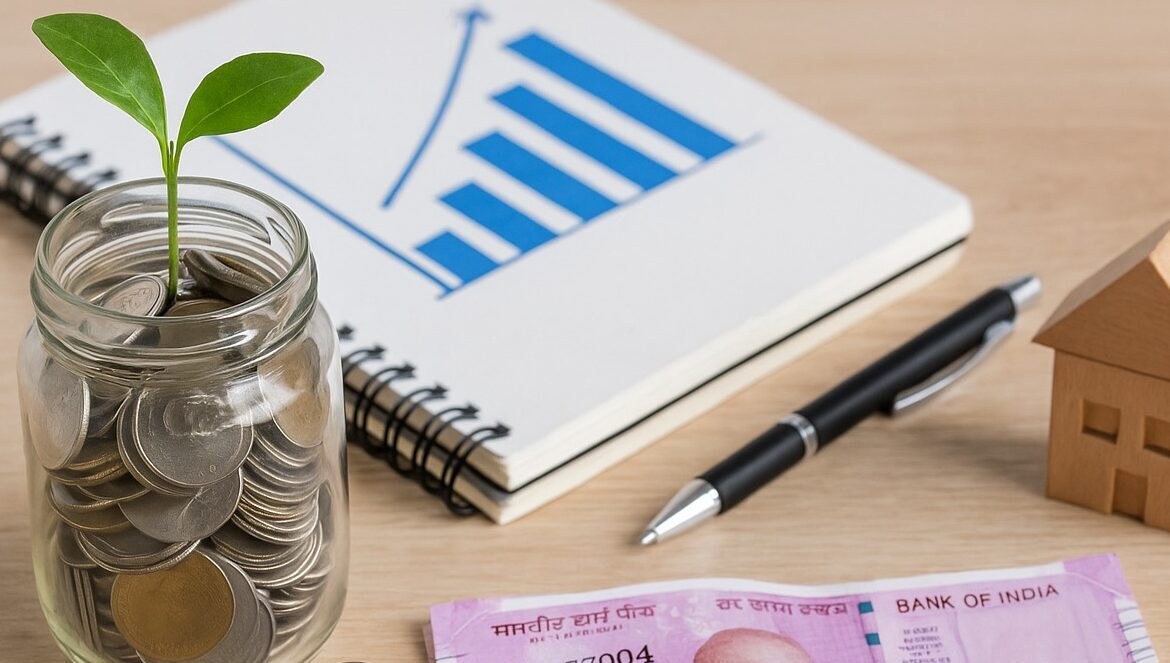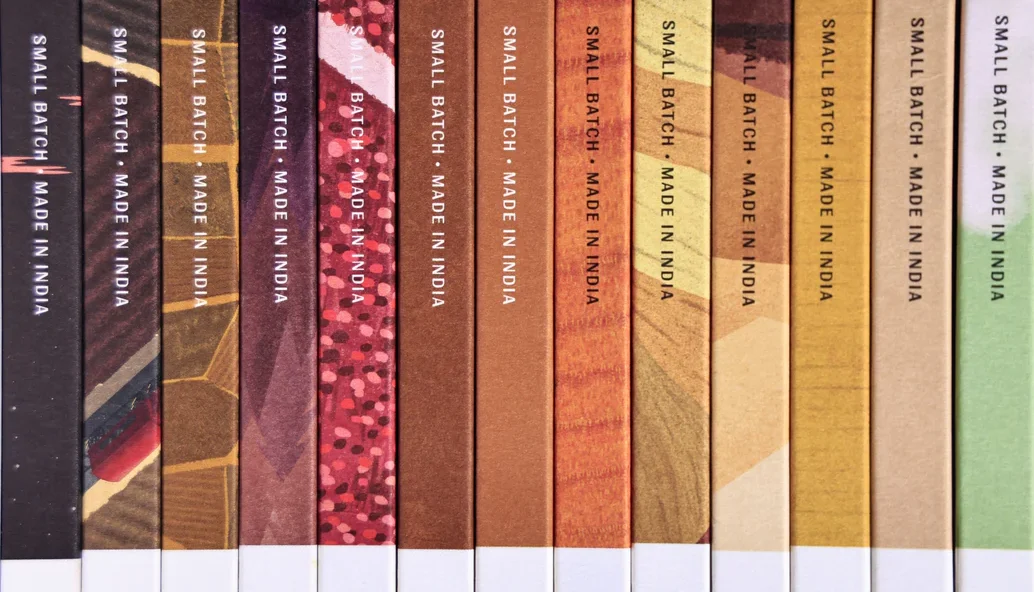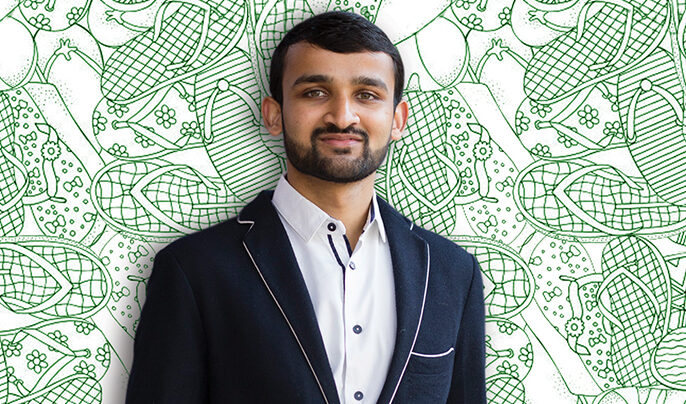Most game-changing ideas are born in boardrooms or labs. But for Ajinkya Dhariya, it all began in the middle of a forest which gave birth to PadCare.
While still a mechanical engineering student, Ajinkya set off with friends on a casual weekend getaway to the lush green woods near Pune. What was meant to be a peaceful escape turned into a disturbing revelation. There, hanging from a Jambul tree were used sanitary pads—an ugly reminder of a silent environmental crisis no one wanted to discuss.
That moment stayed with him. And instead of moving on like most would, Ajinkya decided to confront the problem head-on.
A Vision No One Wanted to Touch
Menstrual waste has long been a taboo topic in India—not just in homes, but in policymaking and even among environmentalists. Ajinkya realized this was more than just a hygiene issue; it was a dignity issue, a public health issue, and an environmental catastrophe rolled into one.
And thus began the journey of PadCare Labs.
It wasn’t easy. There was no manual, no blueprint. Just a simple, bold question: What if we could safely recycle sanitary waste instead of treating it like an unsolvable problem?
Ajinkya and his team failed. Then, they failed again. And again – Forty-six times to be precise.
The 47th Attempt That Changed Everything
Most would’ve quit. But with each failure, PadCare’s vision became sharper. And on the 47th try, they struck gold—a breakthrough technology that could convert used sanitary pads into reusable materials like plastic and cellulose.
From collection bins in washrooms to proprietary recycling machines, PadCare built an end-to-end ecosystem for menstrual waste management. What started as a one-man mission is now a nationwide movement.
Real Impact, Not Just Numbers
Today, PadCare operates across more than 1,500 locations in 24 cities, having recycled over 200 metric tonnes of sanitary pads—and prevented a staggering 450 tonnes of CO₂ emissions in the process.
But the startup’s true impact goes far beyond metrics.
“More importantly, we’ve created dignified jobs for waste workers who once had no choice but to handle these materials with bare hands,” Ajinkya shared in a heartfelt post. That’s what PadCare is all about – restoring dignity where society had turned a blind eye.
Recognition, Rewards, and a Shark Tank Moment
In 2024, PadCare made waves on national television by appearing on Shark Tank India. The idea was so compelling that Peeyush Bansal offered a blank cheque. Eventually, the startup walked away with a dream deal – ₹1 crore for 4% equity, backed by four top investors: Peeyush Bansal, Namita Thapar, Vineeta Singh, and Anupam Mittal.
Fast forward just 18 months, and PadCare’s numbers are making headlines again. Namita Thapar revealed that the company closed FY24 with ₹10 crore in revenue and a 7% profit after tax, with an impressive ₹22 crore order book for the following year.
A Future We Can All Be Proud Of
PadCare isn’t just a business—it’s a bold statement. It’s proof that social taboos can be tackled with science, and that the dirtiest problems can birth the cleanest innovations.
From a shocking moment in the forest to a Shark Tank-winning startup, Ajinkya Dhariya’s journey is one of grit, empathy, and relentless optimism.
Also Read: GoOAT: India’s solution for hassle free and on-the-go Protein!














